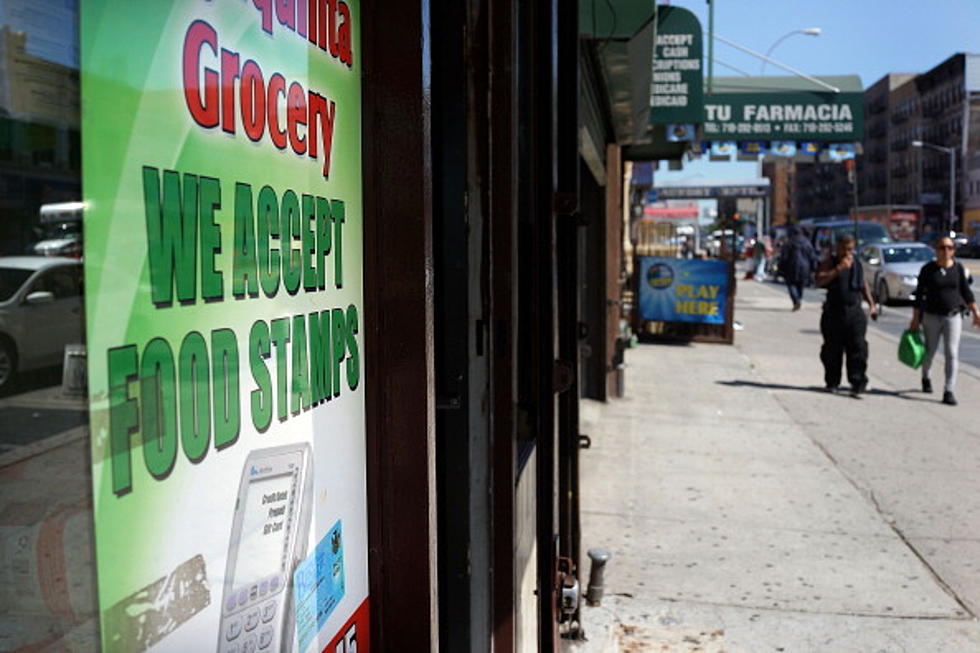
Christie ends waiver for work requirement to get food stamps
About 11,000 New Jersey residents will no longer qualify for a waiver from a requirement to work while receiving subsidized food aid.
Gov. Chris Christie's administration announced Thursday that the state is ending the waiver for "able-bodied" adults without dependents for the federal Supplemental Nutrition Assistance Program, which was once known as food stamps.
Since 2009, New Jersey has been able to waive a requirement that food-stamp recipients work at least 20 hours a week because of the struggling economy.
But the Christie administration said the state cannot continue the waiver because the economy has improved. Christie is seeking the Republican presidential nomination.
New Jersey will be joining 10 other states, including Delaware, Iowa, Texas and Wyoming, without the waivers.
The federal government set a 10 percent unemployment rate for states to participate in the waiver, according to New Jersey Department of Human Services spokeswoman Nicole Brossoie. New Jersey's unemployment rate has sunk to 6.5 percent.
The change takes effect on Jan. 1 in Hunterdon, Morris, Passaic, Somerset and Sussex counties, and on Feb. 1 for the rest of the state.
Department of Human Services acting commissioner Elizabeth Connolly said the 11,000 people who could be affected are a small percentage of the roughly 900,000 program beneficiaries in the state.
The department will work with the state Labor and Workforce Development Department to help those affected find work, she added.
Critics of the move say the state will be leaving some of its most vulnerable residents without assistance. Ray Castro, a senior policy analyst at the left-leaning think tank New Jersey Policy Perspective, said the move doesn't add up because the funding for the program comes from the federal government, not state coffers.
"Why would you want to be punitive and deny them assistance?" Castro said.
Christie's office said the change reflects compliance with federal standards and that calling it "punitive" goes too far.
"It's inexplicable how anyone could call compliance with a federal policy a punitive action by the state," Christie spokesman Brian Murray said in a statement.
The maximum monthly income to qualify for food aid for a single person with no dependent children in New Jersey is $1,815. The top monthly benefit under the program is $194 a month.
(Copyright 2015 The Associated Press. All rights reserved. This material may not be published, broadcast, rewritten or redistributed.)
More From New Jersey 101.5 FM









